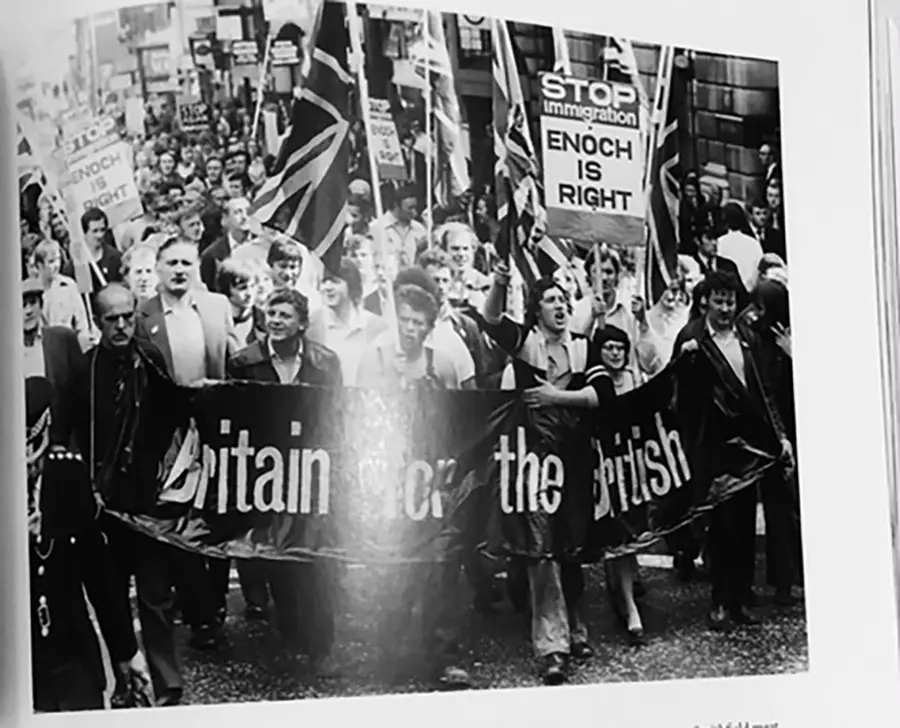Black Britain: A Photographic History by Paul Gilroy is a cultural must read. This book is a beautiful photographic depiction of the history of black settlement that captures the juxtaposed experiences black people have endured and continue to endure as they establish their place in Britain. If you have ever wondered what it is like to walk in a person of colour’s shoe, this is an unwavering honest place to start.
In the wake of the Black Lives Matter protest earlier this year, I felt it was important to understand my history and gain a deeper insight of the progress made for people who look like me in establishing their place in Britain.
It was a happy accident that I came across Gilroy’s book.
I can’t imagine how challenging it must have been to review the pages of black history and provide a platform to display the beauty of black achievers. But somehow Paul Gilroy manages to do this and with creative flair. This happy accident gave me the opportunity to see the highs of multiculturalism exemplified by black sport stars proudly waving the Union Jack flag after achieving a medal for Great Britain. The books also felt like a mirror that reflected the repetitive cycle the UK finds itself in with images showcasing the fight for racial injustice that parallels the experiences felt by people today.
Although coupled with a narrative, the book takes the approach of painting each with a thousand words to chronicle the experience of black people as they settle in the UK. On one page, I was taken aback by the ignorance shown towards multiculturalism which was visible in the photographs on the page 203 with protestors marching in support of Enoch Powell’s River of Blood speech. A speech well known creating division and being used for political gain. A page later, I was in awe of photographs depicting the integration of black and white people. The book had me in an array of emotions with each turning of the page. The ordering of each chapter was ingeniously placed to highlight the complexities surrounding multiculturalism.
I closed the book enlightened by the poetic imagery painted by each photograph, whilst also developing my deeper connection to and knowledge of Black British culture and history.
– Feyi Coker

